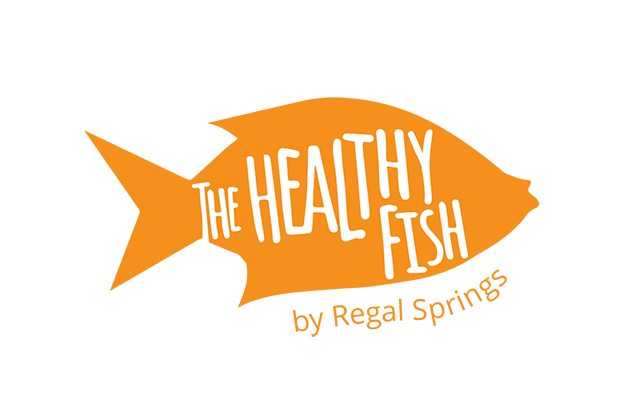Anyone who’s ever eaten seafood knows that it not only tastes great; it makes you feel great, too. Fish are full of the wholesome nutrients we need in our daily diets, some of which are lacking in our typical go-to foods. Here’s the thing, though: going on a short-term seafood diet for a week or a month doesn’t do much good. It may help with losing weight for a while, or getting a nice dose of vitamin D. But to maximize the benefits of a seafood-based diet, you have to be in it for the long game. It’s a life goal—and a lifestyle. Today’s nutrition experts suggest eating a seafood dish at least once or twice a week for life.
Fish is a fantastic source of high-quality animal protein, and a lot lower in calories and saturated fat than most other sources, such as red meat and poultry. White fleshed fish tend to be the leanest source of animal protein in the world. Adding a low-mercury seafood species such as herring, salmon, trout or Tilapia to your diet regularly has plenty of benefits for your overall health.
What Nutrients Does Fish Have Beyond Protein?

Seafood supplies several of the vitamins and minerals fundamental for long-term health and fitness:
- Phosphorus helps build strong bones, teeth and nails
- Potassium boosts blood circulation
- Iodine is good for the thyroid gland
- Selenium is a natural antioxidant that activates vitamin A and C, slowing signs of aging and improving the look of skin
- Vitamin A and the B-complex are also good for your skin, and vitamin A has been linked to better eyesight (especially night vision)
- Fish are the best dietary source of vitamin D, an essential nutrient that over 40% of Americans are deficient in
With all these nutrients, it’s no surprise that seafood-based diets have been associated with outward beauty and inward health. Fish oils keep skin smooth and moist, and some scientists suggest that they help fight acne.
All the protein provided by fish helps the body build collagen, increasing the firmness and flexibility of skin. In fact, all diets rich in fish oil have rejuvenating effects on the eyes and hair. And eating fish is excellent for our lungs: it boosts the respiratory system while reducing asthma-related problems in youth.
How Do Omega-3s Fit In?

We can’t talk about the long-term benefits of seafood without talking about omega-3 fatty acids. They lower cholesterol in the blood and suppress eicosanoids that cause clots and inflammation. This leads to better everything: the cardiovascular system is the big winner, but omega-3s may also help our bones and joints.
The brain wins pretty big too, since the clot-fighting properties of omega-3s protect us from strokes, and the fatty acids go a long way in developing our grey matter. The journal Neurology reports that they help prevent Alzheimer’s, dementia, and cognitive decline. Eating seafood rich in omega-3s has even been found to help with depression, seasonal affective disorders, and learning difficulties such as ADHD. And fascinatingly, omega-3 fatty acids protect us from UV damage. According to the American Journal of Clinical Nutrition, they also prevent age-related macular degeneration in the eyes.
Because our bodies can’t make enough omega-3 fatty acids on their own, we need to get them from food or supplements—though scientists warn that taking them in capsule form is nowhere near as effective as eating actual fish. As a general rule, fattier fish have more fatty acids—you can tell from the dark, rich color of their flesh—though leaner fish are great for your health as well.
The Benefits of Eating More Seafood
Having a seafood-based diet with a balance of fatty and non-fatty fish goes a long way toward having both a good heart and a healthy body weight—but that’s just the beginning. Healthy eyes, hair, nails, skin, brains and more await those who get enough fish in their diet.
Worried about consuming too much mercury? Here are the fish to limit in your diet and the ones to eat instead.
Photos: stockcreations / Shutterstock, Peredniankina / Shutterstock, Olga Nayashkova / Shutterstock






